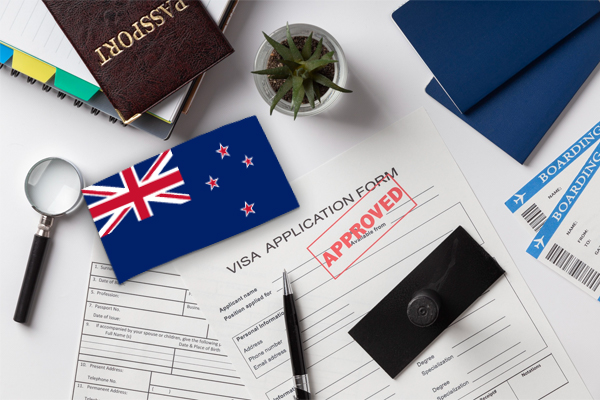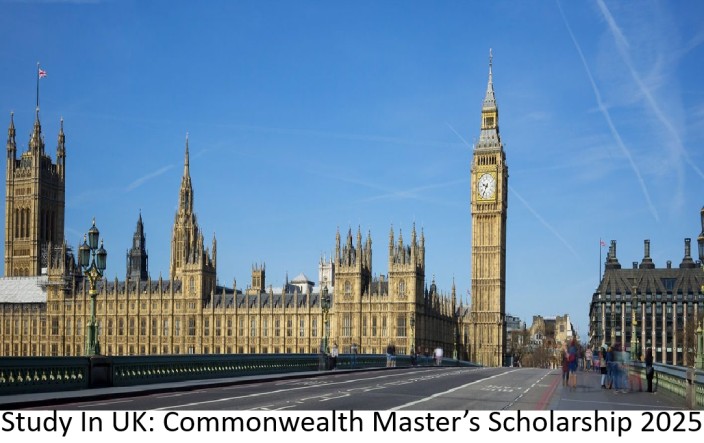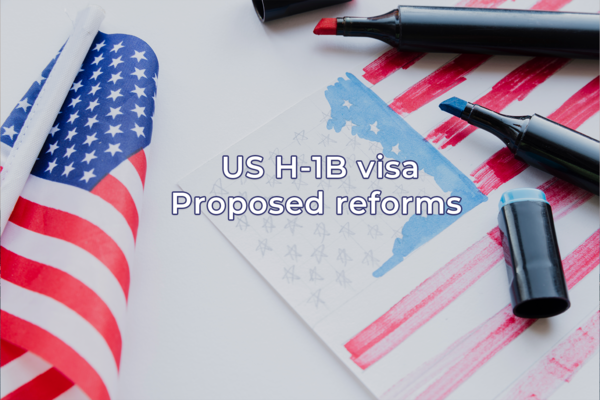Table of Contents
Regulations to reduce migration
In recent months, the UK government has introduced new regulations aimed at decreasing net migration levels. These rules encompass various sectors, including healthcare, employment, and family sponsorship. The changes come amidst a broader strategy to address concerns about immigration levels and ensure that the immigration system is not being exploited.
What are the changes?
One significant change is the restriction on overseas care workers from bringing family dependents into the country. This measure, which will take effect on March 11th, aims to streamline the immigration process. It will reduce the number of dependents entering the UK through this route. Moreover, social care firms in England must now actively engage in Care Quality Commission registered activities to sponsor visas, further tightening eligibility criteria.
Why the changes?
The government’s decision to implement these measures stems from a desire to control migration levels. It will also address perceived abuses of the immigration system. Recent statistics indicate a rising trend in net migration, fueled in part by an increase in overseas students and care workers. By imposing stricter regulations, the government aims to curb the influx of migrants and prioritize British talent in the job market.

When will the changes take effect?
The government has clearly outlined the timeline for implementing these changes. On March 11th, the restriction on overseas care workers bringing family dependents will commence. They will make adjustments to the earning threshold for overseas workers on April 4th. Furthermore, reforms to the Shortage Occupation List and the minimum income requirements for family visas will roll out in stages. This will provide predictability for affected individuals and families.
How will these changes impact migration?
These measures are expected to have a significant impact on migration patterns in the UK. By raising the earning threshold for overseas workers and reforming the Shortage Occupation List, the government aims to incentivize businesses to prioritize British talent and reduce reliance on migrant workers. Additionally, the adjustment of minimum income requirements for family visas seeks to ensure that sponsors can adequately support their dependents financially.
The new rules introduced by the UK government represent a concerted effort to reduce net migration levels. It will also address concerns about the abuse of the immigration system. By implementing these measures, the government aims to strike a balance between welcoming skilled migrants and safeguarding the interests of British citizens and residents.






